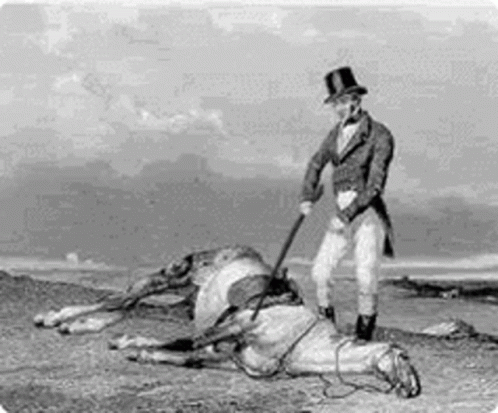What do you want your cables to do? Magically and dramatically change the sound of your system?
That’s unlikely, unless they are junk and don’t perform the basic function of getting a signal from one place to another.
They can and do sometimes improve sound quality, but usually incrementally. If your ears amid the rest of the system can’t detect/convey the difference, don’t waste your money on cables.
If you're looking for that last bit of performance, then yes, everything matters. Don't denigrate others simply because they're willing to take things to another level than you can/will.
Personally, I buy cables primarily on need. For example, if my turntable has a hum, it may be grounding or I may need a cable with insulation that will shield the signal.
Besides shielding, other considerations include connectors, length, flexibility, and yes, looks.
Turntable cables probably matter most, others typically have less impact.


